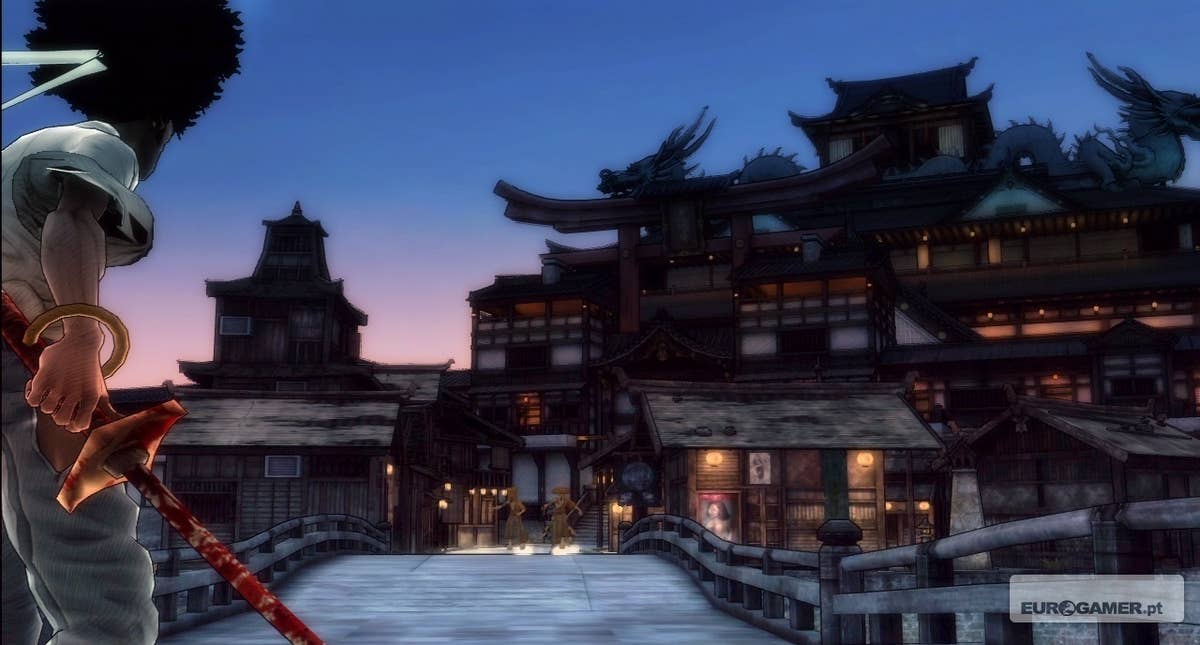Commentary on the Divine Comedy of Dante Alighieri.
Por um escritor misterioso
Descrição
The manuscript presented here is a two-page fragment of a commentary on the Commedia by the great Florentine poet Dante Alighieri (1265-1321). The text, written in Italian by an unknown scribe, was produced in Italy the second half of the 14th century, only a few decades after the poet's death. This was also about the time that the poet Giovanni Boccaccio (1313--75) first applied the epithet "divine" to Dante's poem, which Dante himself had simply called Comedia. This fragment was preserved in the historical library of the Franciscans in Skalica (present-day western Slovakia). The Franciscans settled in Skalica in the middle of the 15th century, where they built a church and monastery that operated continuously until 1950. Dante's great allegorical epic in three parts, Inferno, Purgatorio, and Paradiso, based on the geocentric world view of Dante's time, synthesized nearly all medieval knowledge in a structure of flawless art that is sustained through the work's 100 cantos. Dante's poem was the subject of countless commentaries, almost from the time it was written, and it remains an inspirational work of great literature that speaks to the contemporary world.
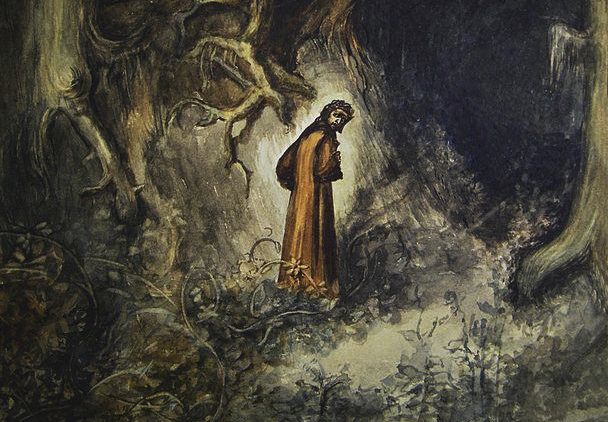
The Divine Comedy begins: Lost and on the Road to Hell - Italian
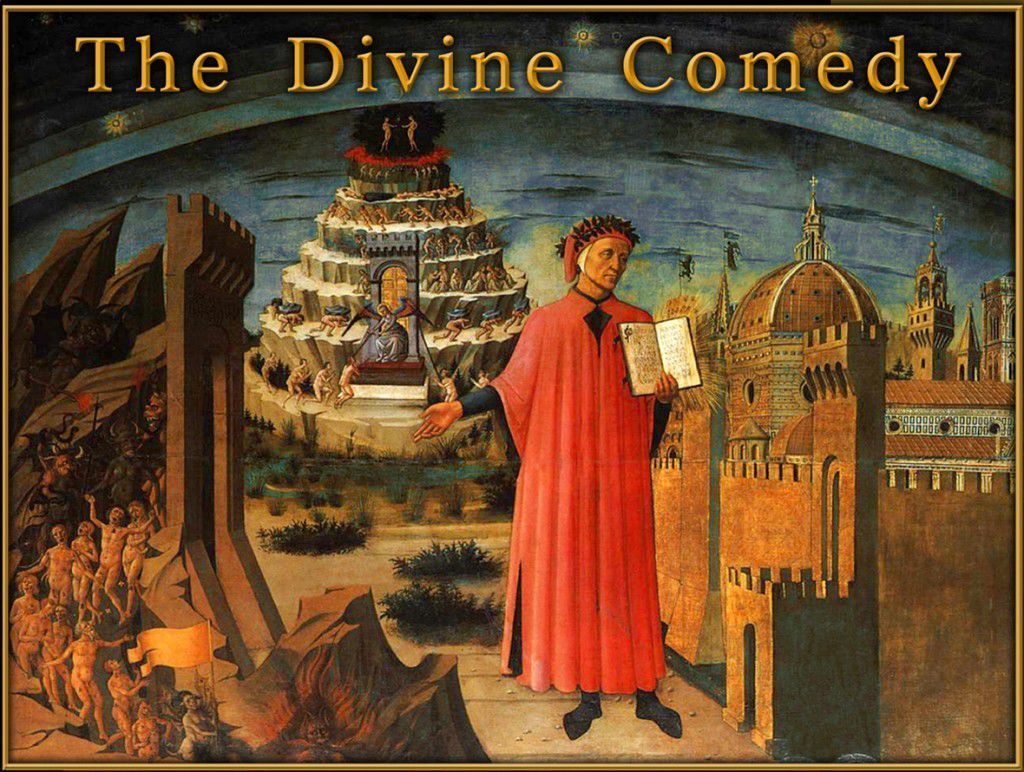
Dante Alighieri - Florence Inferno
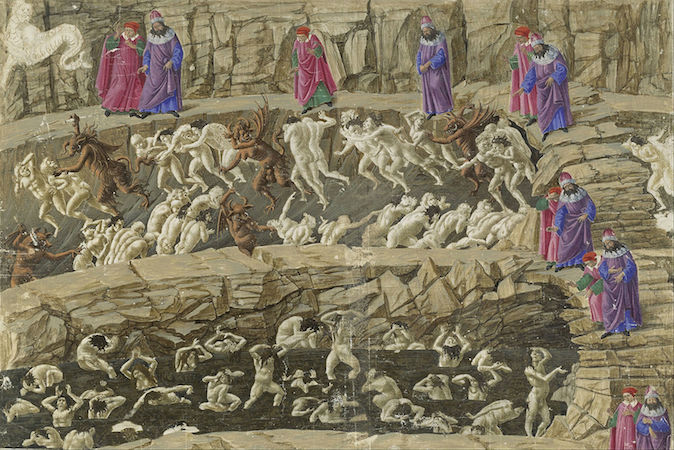
Dante's Divine Comedy in Late Medieval and Early Renaissance art

Commentary on the Divine Comedy of Dante Alighieri.
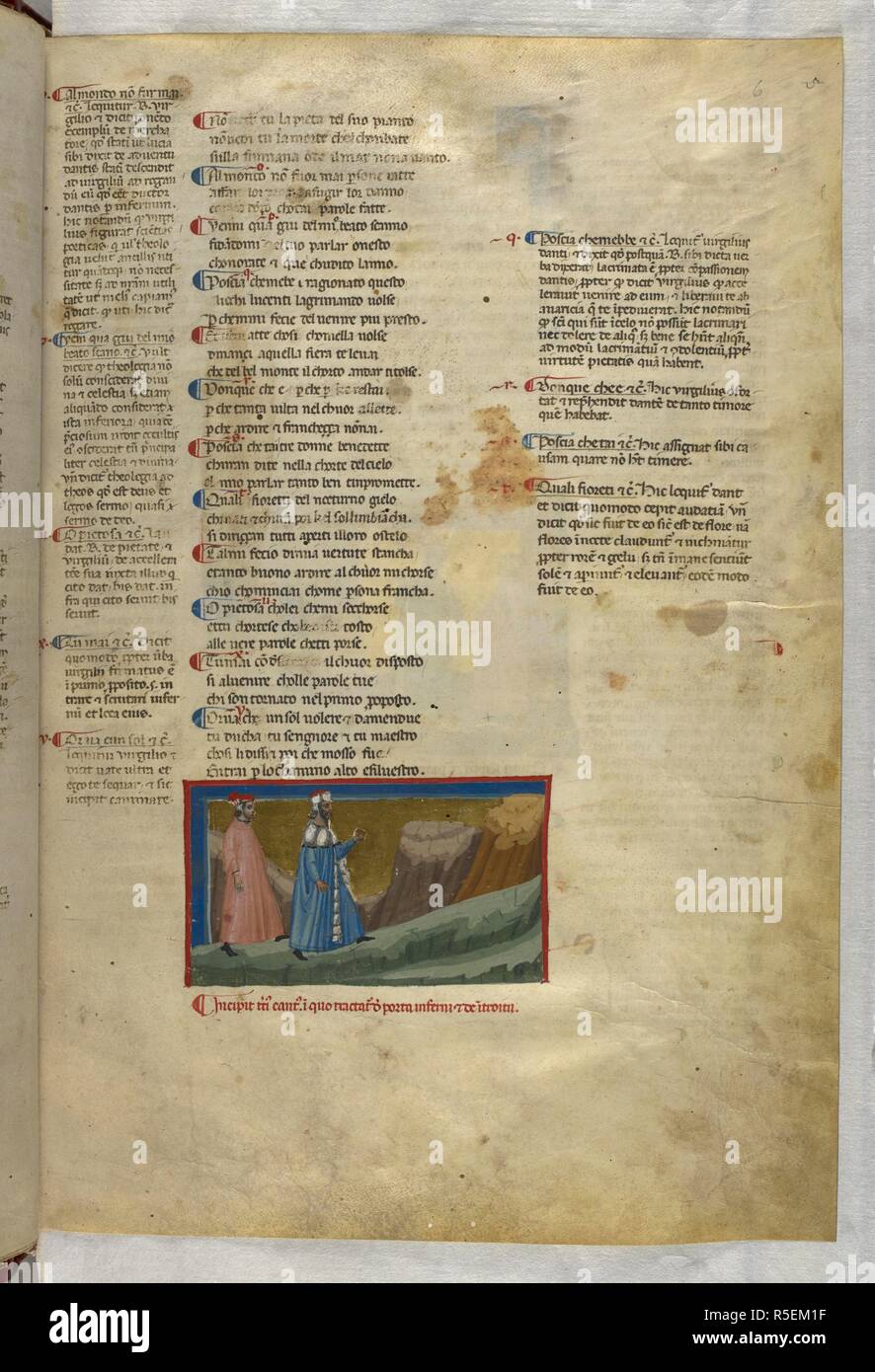
Inferno: Dante and Virgil walking towards the gates of hell. Dante

Divine Comedy - Wikipedia

Dante - Poet, Inferno, Purgatorio

Dante's Divine Journey: An Analysis of the Three Parts of Dante's

The Divine Comedy of Dante Alighieri; Paradiso (Identified on
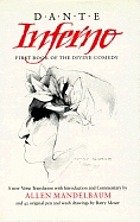
The divine comedy of Dante Alighieri : a verse translation with
de
por adulto (o preço varia de acordo com o tamanho do grupo)


